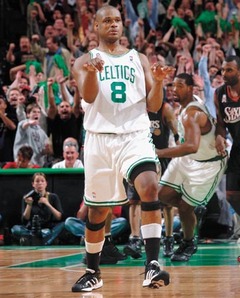News Alert: Millennials Change their Mind, and that is OK
A recent Pew Research Center study describes millennials as: “Confident, Connected and Open to Change.” Not surprisingly, our generation (those born after 1980), are very different than the boomers. Most of the findings are not groundbreaking. We text more. We tweet more, and many of us have online social profiles. Many of us voted for Obama in 2008, but like the rest of the country, we have not voted since. Part of the reason Scott Brown won in Massachusetts is that only 15% of millennials voted in the election. The decrease in participation can be attributed to “change” is slow, and progress does not come over night and we are not patient.....Read more
Social Innovation, Poverty and the HBS Social Enterprise Conference
While many Americans gathered around for the final hours of the Olympics, I walked into the last session of the Harvard Business School Social Enterprise Conference. Throughout the day, I had attended a variety of conference sessions that tackled some of our world’s most pressing issues. It was inspiring to hear talented practitioners, but I was also overwhelmed by the problems we were facing.
Read more














